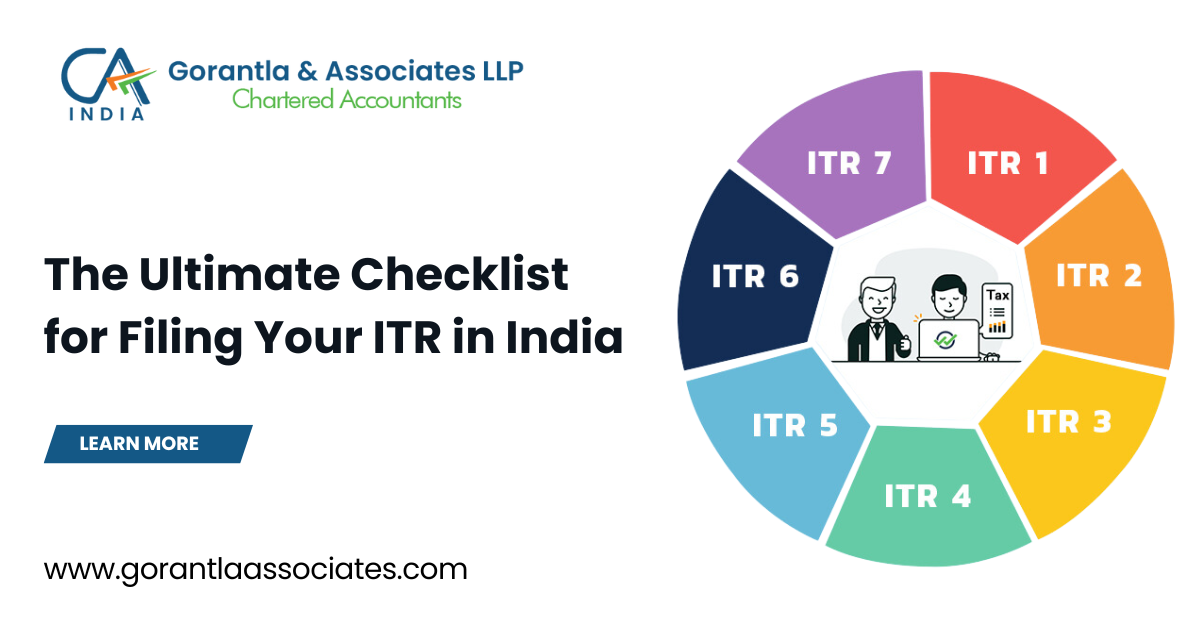
Repatriation of sale proceeds by NRI outside India
- The NRI seller must submit Form 15CA and 15CB to repatriate the sale proceeds of a property. The Form 15CB must be signed and submitted by a chartered accountant.
- An NRI seller can repatriate up to USD 1 million in a year outside India.
- Authorized dealer banks i.e., banks offering/opening NRO accounts for NRIs have the delegated powers of the RBI to enable making of such remittances subject to documentation and other requirements. The RBI approval is needed only if the amount remitted outside India exceeds USD 1 million in a financial year for non-current income. For current income such as rent, pension, interest income etc., no such approval is needed.
Documents needed to send money abroad
- An NRI will require following documents to transfer money from NRO account irrespective of source of funds and amount of transfer:
a) Application for outward remittance from NRO Account
b) Form A2 as prescribed by the Bank in line with Reserve Bank of India (RBI) Regulations
c) Form 15CB (A Chartered Accountant Certificate)
d) Form 15CA (A Declaration by NRI/PIO to Income Tax Department)
e) Copy of PAN card
f) Evidence of source of funds
g) Copy of Passport
How are you taxed when you are a NRI recently moved back to India
- Returning NRIs assume RNOR (Resident, Non-Ordinary Resident) status under specific conditions:
- 1. Duration of NRI Status: They must have been an NRI for 9 out of the 10 financial years preceding the year of their return to India.
- 2. Residency Period in India: Upon their return, they must have lived in India for 2 years or less (equivalent to 729 days or less) in the last 7 financial years.
- The Income Tax Department allows RNORs to retain certain exemptions available to NRIs for a period of 2 years after their return. This means that deposits held in foreign currency, which are exempt from tax for NRIs, remain exempt for returning NRIs during this 2-year transition period. However, after this transitional period ends, returning NRIs are treated as resident individuals for tax purposes.
- This transitional period provides returning NRIs with some time to adjust to the tax regulations applicable to resident individuals, allowing for a smoother transition.
Example:
Napolean, an American tourist, comes to India for the first time on June 17, 2023. He leaves India on September 29, 2023. Determine his residential status for the assessment year 2024–25.
- Would your answer change if he is a person of Indian origin and his total income from Indian sources for A.Y.2024–25 is ` 16 lakhs?
Interpretation:
- Previous year 2023–24: 105 [14+31+31+29]
- Previous year 2022–23: Nil
- Previous year 2021–22: Nil
- Previous year 2020–21: Nil
- Previous year 2019–20: Nil
- He is non-resident for the assessment year 2024–25 as he does not satisfy either of the basic conditions.
- Even if he is a person of Indian origin whose total income from Indian sources exceeds `15 lakhs, he would still be a non-resident for A.Y.2024–25. For becoming a resident but not ordinarily resident, he should have stayed in India for atleast 120 days in the previous year 2023–24 and 365 days in four immediately preceding previous years. Since his stay in India in the P.Y.2023–24 is less than 120 days, he would be non-resident in India for A.Y.2024–25.
Example:
Miss Vaishnavi paid a sum of 6000 USD to Mr. Kailesh, a management consultant practicing in Texas, specializing in project financing. Mr. Kailesh is a non-resident. The consultancy is related to a project in India. Whether this payment chargeable to tax in India in the hands of Mr. Kailesh
Interpretation: A non-resident is chargeable to tax in respect of income received outside India only if such income accrues or arises or is deemed to accrue or arise to him in India.
- The income deemed to accrue or arise in India under section 9 comprises, inter alia, income by way of fees for technical services, which includes any consideration for rendering of any managerial, technical or consultancy services. Therefore, payment to a management consultant relating to project financing is covered within the scope of “fees for technical services”.
- In the instant case, since the services were utilized in India, the payment received by Mr. Kailesh, a non-resident, in Texas is chargeable to tax in his hands in India, as it is deemed to accrue or arise in India.
Visit to know more about NRI Taxation Or www.gorantlaassociates.com
Continue Read:
NRI Taxation Simplified:Understanding Residential Status and Taxes-Part 1
Understanding NRI Accounts and Taxation: Types and Implications — Part 2
Navigating NRI Capital Gains and Taxation: A Comprehensive Guide for Post-2018 Rules — Part — 3
Repatriating Property Sale Proceeds for NRIs: Process and Tax Implications — Part -4
Taxation Insights for Non-Resident Artistes, Entertainers, and Sportspersons in India — Part 5
NRI Tax Deductions and Special Provisions Under Chapter VI of the IT Act — Part 6
NRI and Foreign Citizen Taxation on Cross-Border Transactions — Part 7
Simplifying Taxation for NRIs with Blanket Deductions — Part 8
Disclaimer:
This Article/Blog has been contributed by Butchi babu Gorantla, B.Com, FCA, FCS, Chartered Accountant. This article/blog is posted with due authorization from the author for the academic purposes. The views and opinions expressed herein are those of the author and don’t constitute a legal advice to any user.
Related Posts
A Comprehensive Overview of the Finance Bill 2024
The Finance Bill 2024, introduced in the Lok Sabha, seeks to implement the financial proposals…
The Provisions of the Finance Bill, 2024: A Comprehensive Overview
The Finance Bill, 2024, introduces several amendments to the Income-tax Act, 1961, and other related…
Understanding the Income Tax Slab Rates for FY 2023-24, AY 2024-25: New vs. Old Tax Regimes
The income tax slab rate is the percentage of tax you pay on your income,…
Which ITR Form is Right for You? Find Out Now!
Filing your Income Tax Return (ITR) in India is an essential responsibility. However, with various…






